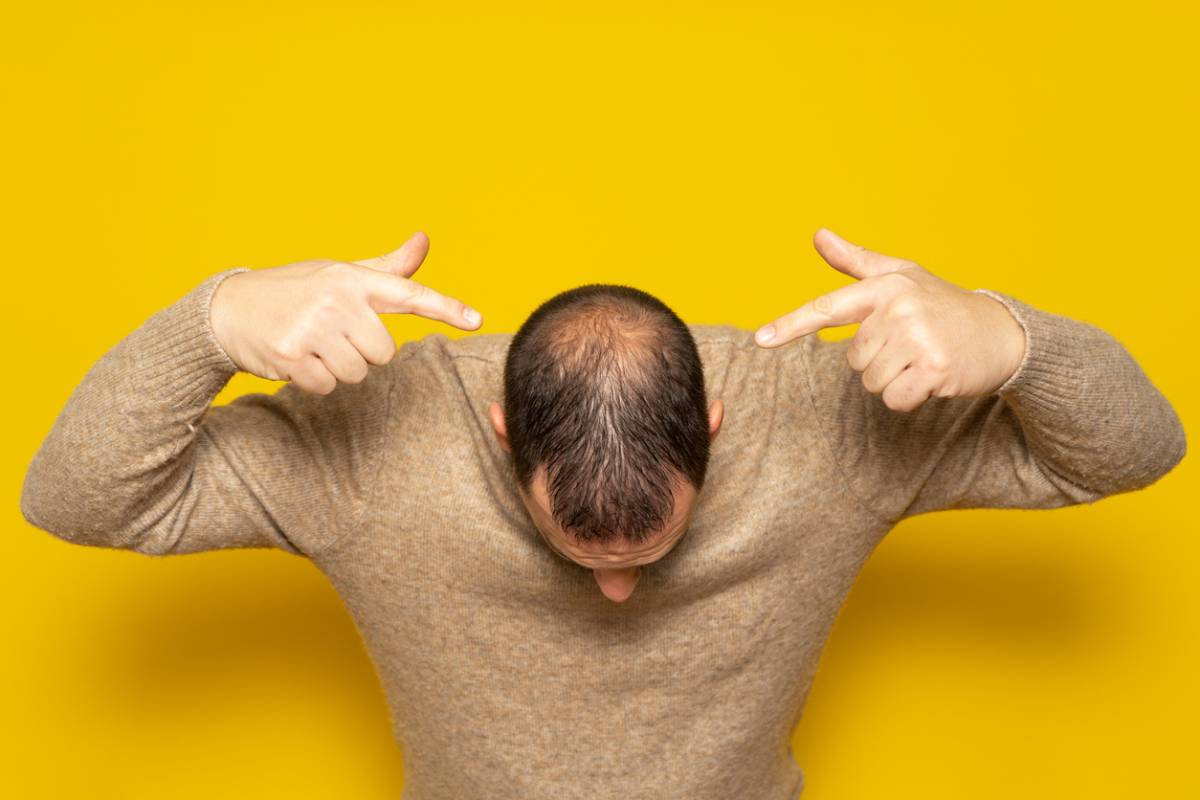There are many reasons why you may be starting to lose hair. While your hair naturally goes through a cycle of loss and regrowth, losing a noticeable amount of hair is typically a sign that something is wrong. Whether due to illness, injury, or a genetic predisposition, you might be dealing with patterns of baldness and hair loss. Our guide looks at how stress leads to baldness.
How Stress Leads to Baldness
New studies have shown how stress leads to baldness in more ways than we originally thought. While it’s no secret that stress can cause a number of major physical and mental health issues, finding the link between stress and hair loss can help patients find the right treatment method for them. Today, a Denver expert in hair transplant surgery will talk about stress and hair growth patterns.
The Stages of Hair Growth
It is first important to understand the normal systems of hair growth in order to see how stress can disrupt the pattern in a variety of ways. The first stage of growth is the anagen stage, where strands of hair start to grow out of the follicles and appear through the skin. At the beginning of the second stage, the catagen stage, your hair will stop growing and your hair follicles actually shrink.
This leads to the third phase, the telogen phase, where fully-grown hair falls out of the follicles and new hair grows again. Hair is a regenerative tissue that is meant to grow back throughout the majority of one’s life. Stress can interrupt any one of these three stages, causing uneven patterns of growth or loss that can lead to a change in appearance and overall self-esteem.
Signs of Stress and Hair Loss
Everybody gets stressed from time to time. In fact, it’s actually healthy to have some stress in life as it can help you build up strength and knowledge for the future. But it is all too easy for stress to become too much to bear, causing a myriad of physical and mental health problems. Being able to recognize these symptoms early can help you seek out effective treatment for growing back a full head of hair.
Be on the lookout for the following symptoms:
- Rapidly receding hairline
- Hair loss on more than just your scalp (beard, eyebrows, pubic hair, leg hair, etc.)
- Hairs breaking close to the head, preventing them from growing very long
- Thinning or flattened hair that has lost all volume
There are a few different conditions that are diagnosed as a result of stress-induced hair loss. Depending on the type of hair loss condition you have, our Denver specialists can match you with the appropriate treatment to prevent further loss and reintroduce healthy hair to your scalp.
Best Treatment Options for Hair Loss
Stress can, quite literally, make your hair fall out! What is obviously the best treatment is to remove the source of stress, which can be quite a relief for the body. But at times, the factors stressing us out are out of our control. It is important to maintain a healthy balance by committing to a long-term treatment plan that works for you.
Through vitamin supplements, medical therapy, laser therapy, and hair transplant surgery, you can encourage natural hair regrowth and reduce the stress-related effects on your scalp. Not only is it important to get rid of stress in your life, but you should also work on rejuvenating your follicles through natural means in order to restore good health.
Learn More with Denver Hair Surgery Today
No matter what kinds of stressors you are facing in life, you can control their effects on your hair with a proactive phone call to our doctor. With our personalized hair loss treatment in Denver, you can get closer than ever to your goal of having a full head of hair without the stress to mess it up. Learn more and schedule your consultation by reaching out to our Denver pros today!






 Schedule your Consultation Today
Schedule your Consultation Today